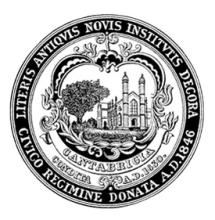Policies to Make Markets Work - Community Broadband Bits Podcast 250

The larger focus of our work in the Community Broadband Networks Initiative is to ensure communities have the networks they need. Our guest for Community Broadband Bits episode 250 is an expert in how markets break and the policies that make them work.
Gary Reback is a well known Silicon Valley lawyer and Of Counsel at Carr Ferrell LLP. He also wrote an excellent book, Free the Market: Why Only Government Can Keep the Marketplace Competitive that I fully recommend. Reback has had a front-row seat to the failings of government policy that has allowed a few technology firms to garner so much market power today.
We talk broadly about markets and monopoly rather than focusing on broadband and telecommunications. This is a good introductory conversation for people unfamiliar with the real threat and harms of monopoly.
A related conversation is my interview with Barry Lynn in episode 83.
This show is 25 minutes long and can be played on this page or via Apple Podcasts or the tool of your choice using this feed.
Transcript below.
We want your feedback and suggestions for the show-please e-mail us or leave a comment below.
Listen to other episodes here or view all episodes in our index. See other podcasts from the Institute for Local Self-Reliance here.
Thanks to Arne Huseby for the music. The song is Warm Duck Shuffle and is licensed under a Creative Commons Attribution (3.0) license.


